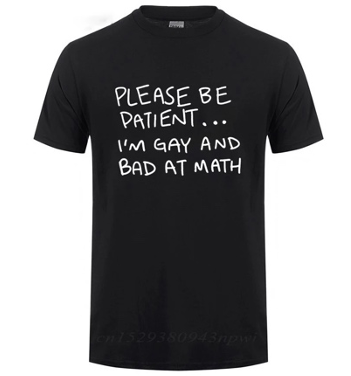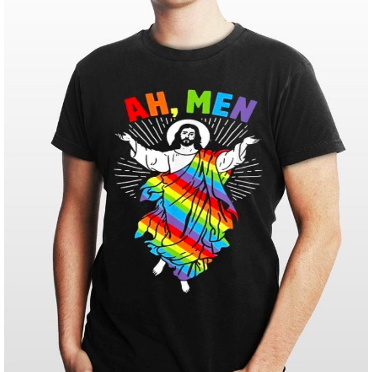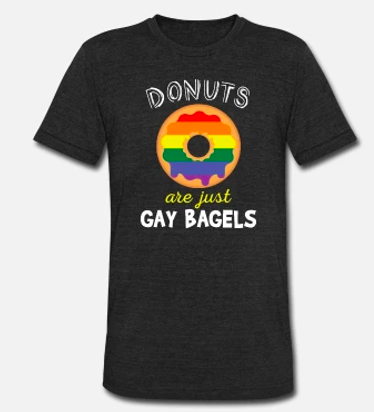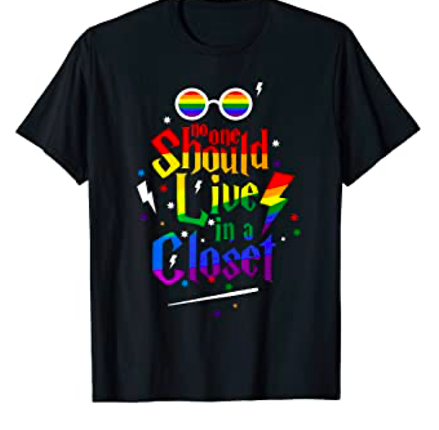The fight for LGBTQIA equality has been monetised by an establishment that undermines and offers little support in the fight for social liberty under a rainbow shield of ‘alliance’.
While rainbow vodka and cute rainbow t shirts can be enticing (although sometimes they are painfully cringey), it is blatantly performative. There is a skewed disproportionality in companies that present this alliance, but don’t actually offer support. For instance, many brands including Mercedes, Nestle, and BMW, add rainbows to their logos during June, yet they didn’t update their logos in countries in which LGBTQ+ rights are not supported, such as in certain areas in the Middle East and Asia. The performative activism is loud and clear here – they will support Pride in areas where it will suit them to come across as supportive, but when it comes to endorsing Pride in countries like Turkey, they won’t do a thing. If these companies truly supported LGBTQ+, they would take the risk by taking a stance of alliance in countries in which support is needed the most. This support and alliance therefore is plainly fake, and isn’t backed by real support.
Another example of this performative support of companies during Pride can be seen through companies like Primark. Throughout Pride Month, it has been adorned with bright rainbows that we could interpret as a colourful display of support! However, this is clearly just a shield of alliance under which lies a disregard for LGBTQ+ struggles. Most of Primark’s factories are based in Bangladesh, a country in which homosexuality is illegal, and a very dangerous scene for LGBTQ+ people. While there will be extenuating factors as to why Primark bases their factories there (aka, cheap and exploitative labour), and while it isn’t a direct link to Primark as a company being openly homophobic, the contradiction throws into sharp relief how performative they are – they produce pride merch in a country in which you can be imprisoned for life simply for being gay. The irony here is painfully indicative of brands that simply use the guise of support, despite not actually providing any tangible help for the struggles LGBTQ+ people face globally. If you really think about it, how is selling a rainbow badge taking a stance on human rights? Brands should be investing time, money, and resources into actually demonstrating and supporting the inclusivity they are so eager to preach.
I think Pride has become an inherently exploitative month, in which brands simply use it to parade support, and financially benefit because of this. Even Pride marches, which historically sought to celebrate diversity, and fight for equality (such as the pivotal 1969 Stonewall riots in New York), have been reduced, being dominated by big business’ sponsors and floats. The very essence of Pride Marches should be commemorating the fight for improved acceptance and campaigning for greater rights, and objectively shouldn’t be diminished by big brands flaunting rainbows of support. We cannot let pride be reduced to a consumerist movement based on capitalist exploitation. Rather, we need to remember and educate ourselves the history of the fight for queer liberation (I would recommend reading up about the GLF), and continue to lobby for much-needed equality.
You could argue that many brands, for example Converse, do actually provide substantial support through donating proceeds from Pride-themed merch during June, to charities like IGBP. This does hold significance – supporting organisations does help, and does help the movement for equality. However, it is important to remember how many companies in fact don’t donate any of their proceeds, once again demonstrating how performative and exploitative some of these brands are. In addition, a very valid claim would be that the ‘rainbow-washing’ of products during Pride Month provides much-needed representation, normalises what should already be normalised, and encourages a sense of joy regarding sexuality and gender, which is overwhelmingly important in such a cis-heteronormative society. However, whilst this display of visibility and support to charities is helpful to a significant extent, more needs to be done to achieve queer liberation, and the performative activism of these companies needs not to be overlooked.
Advances in queer rights within the workplace still need to be built-upon, including introducing polices that protect and improve the rights of some of the most exploited workers, who are often queer, trans, and/or people-of-colour. For example, one in eight trans employees have been physically attacked by colleagues or customers in the past year, and over 50% of trans and non-binary people have hidden their gender identity for fear of discrimination (according to Stonewall’s recent report). These appalling statistics clearly demonstrate how not enough is being done within corporations, despite their colourful claims of alliance, to provide (much needed) help for LGBTQ+ rights in the workplace.
The vast variety that the LGBTQ+ community encompasses through capitalism is further diminished through how the ‘sexual tolerance’ is, in reality, very narrow, and prioritises the white, middle-class, conventionally attractive, cisgender gay men or lesbian women. Most representation in TV focusses on this view, which shuns other voices within the community. This framework presents and upholds a very constricted portrayal of queer community, through which another layer of complication is added to rainbow capitalism. For example, most representation on TV is that of white gay couples that reinforce queer stereotypes. Additionally, the main plot-line typically surrounds coming out or focusses on sexual identity, rather than the characters just happening to be queer, which would make this representation seem less forced. So yes, there is representation, but this representation is painfully inadequate – where is the representation of disabled, trans, queer POC?
Overall, we need to remember what pride is really about. It’s about celebrating the diversity of sexuality and gender, it’s about commemorating the historical movement for queer liberation, it’s about fighting for further equality. We can’t let it be overshadowed and reduced into the rainbows that corporations try to present it as, in their attempts to monetise an important political movement.
On a more cheerful note, here’s some uncomfortably awful pride merch that is quite funny…




